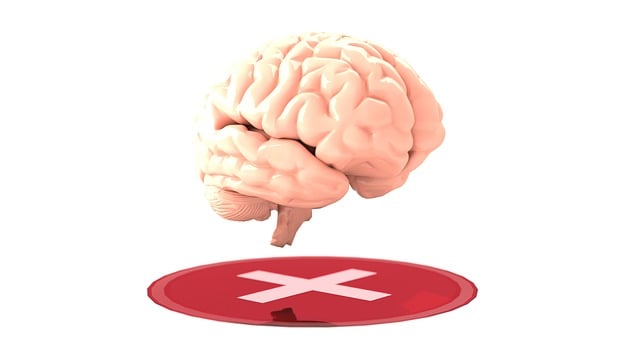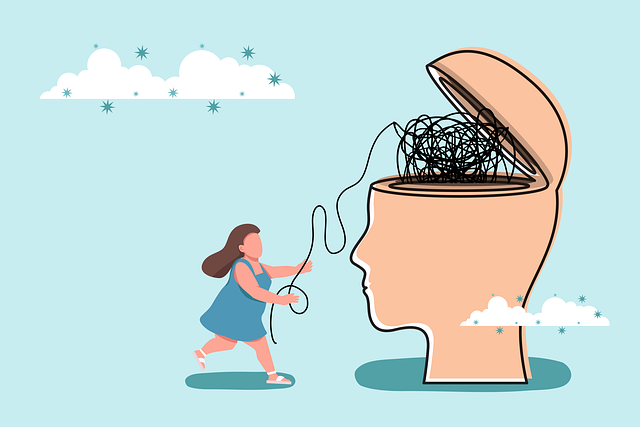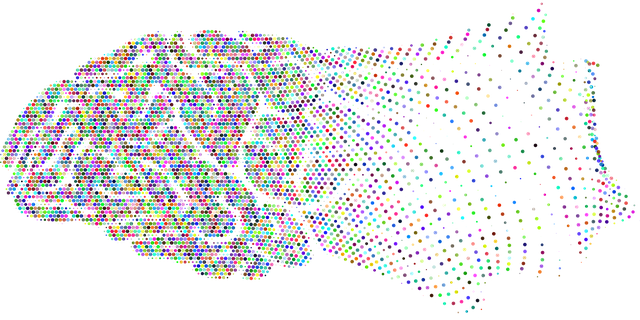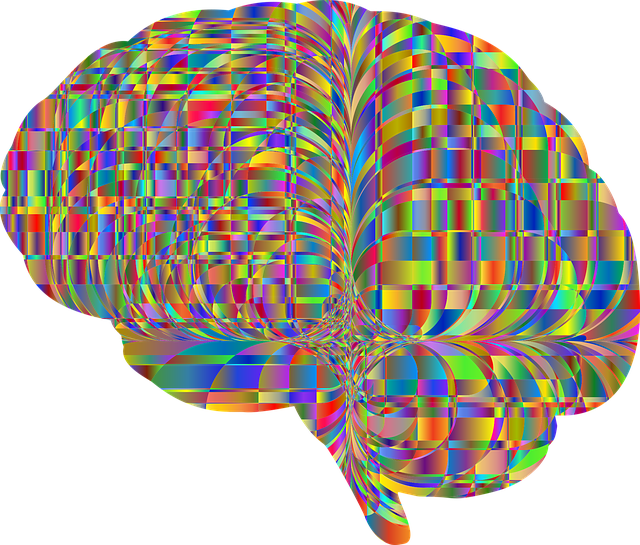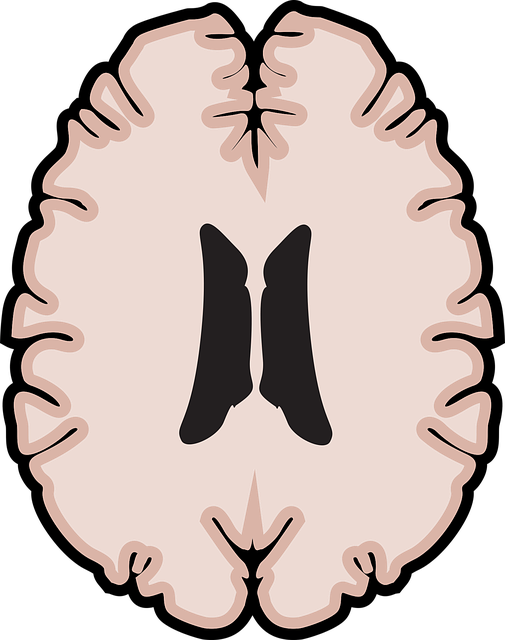Mental wellness journaling is a powerful tool for self-reflection and personal growth, especially beneficial for managing conditions like Golden Obsessive Compulsive Disorder (OCD). By regularly documenting thoughts, behaviors, and emotions, individuals gain insights into their mental health, identify triggers, and develop coping mechanisms. This practice promotes emotional well-being, increases mental resilience, and encourages self-awareness through pattern recognition. Journaling is a valuable asset in OCD therapy, supporting informed decision-making and navigating triggers effectively. Personalized journaling practices tailored to individual needs enhance self-awareness and provide data for therapists, contributing to improved Golden Obsessive Compulsive Disorder (OCD) therapy outcomes.
Mental wellness journaling is a powerful tool for self-exploration and healing. In this guide, we delve into the benefits of using journaling as a form of Golden Obsessive Compulsive Disorder (OCD) therapy, offering a personalized approach to enhance mental well-being. From understanding the practice’s fundamentals to creating a tailored routine and tracking progress, you’ll discover how journaling can revolutionize your mental health journey. Embrace self-care and unlock the transformative power of words.
- Understanding Mental Wellness Journaling
- Benefits of Golden Obsessive Compulsive Disorder (OCD) Therapy through Journaling
- Creating Your Personalized Journaling Practice
- Tracking Progress and Adapting Your Routine
Understanding Mental Wellness Journaling

Mental wellness journaling is a powerful tool for self-reflection and personal growth, offering a safe space to explore and express your thoughts and feelings. It involves documenting your mental health experiences, emotions, and insights on a regular basis, often in the form of writing. This practice can be transformative, especially for those dealing with conditions like Obsessive Compulsive Disorder (OCD). By committing time to write about their inner world, individuals can gain valuable perspectives on their thoughts, behaviors, and triggers, which is a cornerstone of OCD therapy.
Through mental wellness journaling, one can cultivate inner strength and develop coping mechanisms that promote emotional well-being. It encourages self-awareness by helping individuals identify patterns in their mental health, such as stress triggers or negative thought cycles. Additionally, it facilitates the promotion of mental health awareness, allowing people to track their progress over time and make informed decisions about their emotional well-being. This simple yet effective practice can be a game-changer in enhancing one’s overall mental resilience.
Benefits of Golden Obsessive Compulsive Disorder (OCD) Therapy through Journaling

Journaling has emerged as a powerful tool within Golden Obsessive Compulsive Disorder (OCD) therapy, offering individuals an intimate and private space to explore their thoughts and behaviors. This introspective practice allows for a deeper understanding of OCD’s intricate web, where intrusive thoughts and compulsions often leave individuals feeling trapped. By documenting experiences, emotions, and obsessions on the pages of a journal, people with OCD can gain valuable insights into their disorder’s patterns and triggers.
This process facilitates self-awareness, a crucial aspect of mental wellness coaching programs. Journaling encourages individuals to identify their unique coping mechanisms and develop strategies for managing symptoms. Moreover, it fosters resilience building by providing a safe avenue for expressing fears, doubts, and the profound emotional weight associated with OCD. Through regular reflection, one can learn to navigate triggers more effectively, enhance overall mental health awareness, and embark on a journey towards liberating themselves from the grasp of compulsions.
Creating Your Personalized Journaling Practice

Creating your personalized journaling practice is a powerful way to nurture mental wellness and manage conditions like Obsessive Compulsive Disorder (OCD). It involves carving out dedicated time for self-reflection, often at the end of the day, to capture thoughts, emotions, and experiences. This consistent ritual allows individuals to gain insights into their minds, identify triggers, and develop strategies for coping with OCD symptoms.
For those dealing with OCD, a structured approach can be beneficial. Start by setting clear goals; is it to reduce anxiety, challenge obsessive thoughts, or improve overall mental wellness? Incorporate prompts tailored to these goals, such as “What triggered my obsessions today?” or “How did I respond to anxious thoughts?” Engaging in this practice regularly can enhance self-awareness and provide valuable data for discussing with a therapist, ultimately supporting Golden OCD therapy. Additionally, sharing experiences through a mental wellness podcast series or participating in public awareness campaigns can offer further support and encouragement on the journey to improved mental health.
Tracking Progress and Adapting Your Routine

Tracking your progress is a vital aspect of any mental wellness journey, especially when dealing with conditions like Obsessive Compulsive Disorder (OCD). As you begin to observe patterns and gains, it’s essential to adapt your journaling routine to meet your evolving needs. This might involve refining your prompts or setting specific goals related to anxiety relief or trauma support services. For instance, you could start with tracking daily OCD symptoms and gradually shift towards jotting down successes in challenging those thoughts.
Mindfulness meditation practices can also be incorporated into your journal, offering a space to reflect on moments of calm and awareness. By regularly reviewing your progress, you gain valuable insights that help tailor your self-care routine. This adaptive approach ensures that your journaling remains a dynamic tool, supporting both short-term and long-term mental wellness goals, particularly in the context of OCD therapy.
Mental wellness journaling is a powerful tool for self-discovery and growth, offering numerous benefits, especially in managing Golden Obsessive Compulsive Disorder (OCD). By creating a personalized practice, individuals can track their progress, gain insights into recurring thoughts and behaviors, and adapt their routines accordingly. This article has provided guidance on understanding the basics, leveraging the advantages of OCD therapy through journaling, and establishing a consistent journaling practice. Remember, by dedicating time to reflect and record your experiences, you can foster better mental wellness and enhance your overall quality of life.


